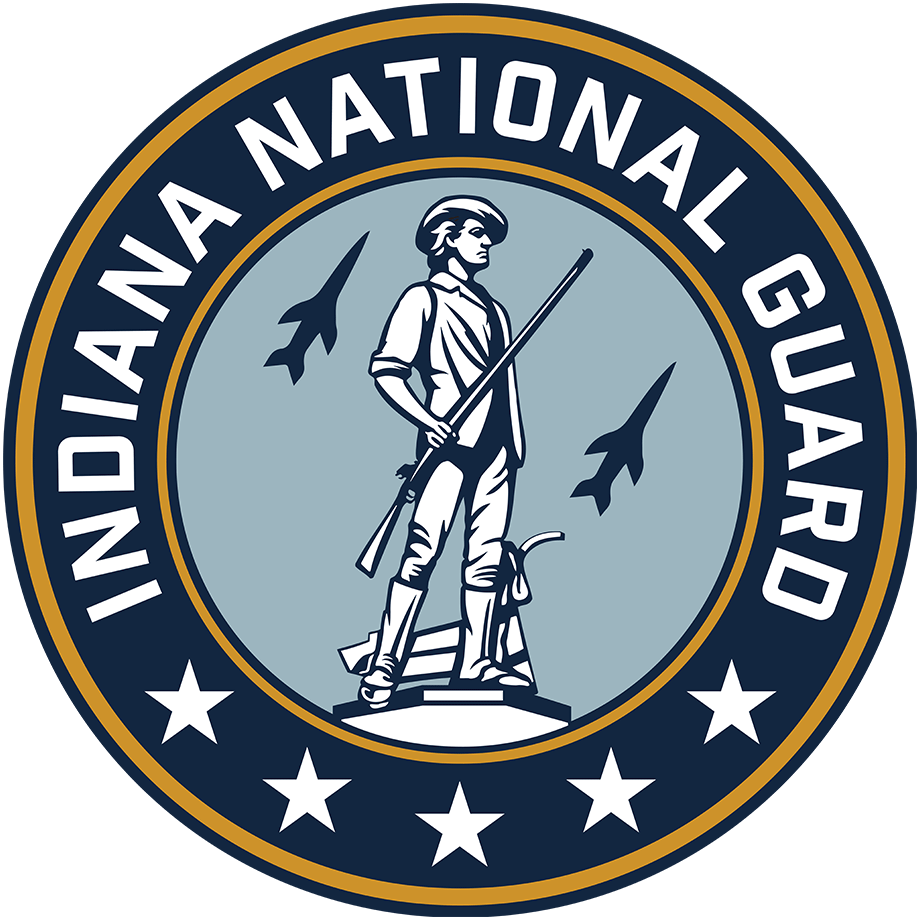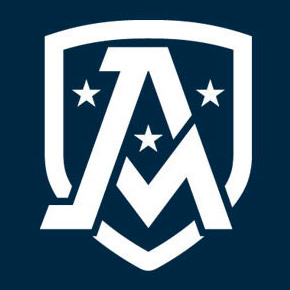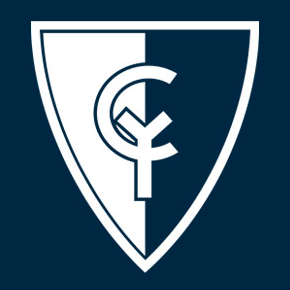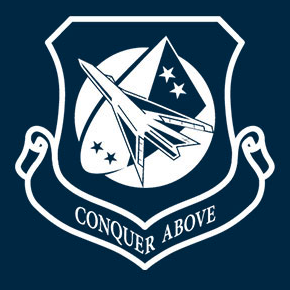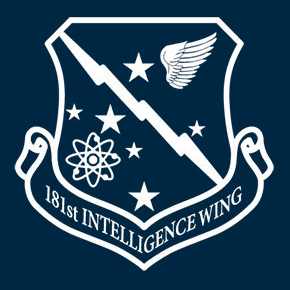Mentors
Hoosier Youth Challenge Academy
Volunteer Mentorship Program
Thank you for volunteering to be a mentor for Hoosier Youth Challenge Academy (HYCA). You play a vital role in the success of this program and in the life of the youth you mentor. We thank you for your time and commitment. We are here to assist you should the need arise – you are not alone.*
Becoming a Mentor
Application
Complete the mentor application. Please, don’t hesitate to email us with questions at mentor@hoosieryouth.org .
Match Session
At the Match Session, we will discuss the Hoosier Youth Challenge Academy program and begin building the path toward the cadet's future. The training/ceremony is mandatory for all mentors to attend in order to match with you cadets. No guests are allowed (no spouses, children, parents, etc.).
Mentor Training
Currently, all training is online. The Lead Case Manager will contact you with training dates. You MUST RSVP with the Lead Case Manager, no later than 3 business days prior to the training. This training lasts around 4-6 hours, please come prepared.
Mandated Reporting Information
Report any incidents during residential phase to your PRA or mentor coordinator. If an incident occurs in the post-residential please report to your local authority and your PRA and mentor coordinator.
Report the following incidents:
- Any abuse-sexual, physical, or emotional
- Any unsafe situation
- Suicide threats
- Plans to commit a crime
- Commission of a crime
FAQs
- What is the mentoring component of the Challenge Program?
Mentoring is a core strategy of the Challenge Program. Youth in the program are trained/matched with qualified adult mentors by the 13th week of the program.
- What are the qualifications for being a mentor?
- Be at least 21 years old and the same sex as the Cadet
- Must commit to the Cadet and the program's requirements for the duration of the Cadet's participation
- Opposite-sex matches are allowed on a case-by-base basis, if approved by the program director and documented in the mentoring case file
- Reasonable geographic proximity (Geographic proximity is defined as distance acceptable to both the mentor and Cadet)
- Not live in the same household as the applicant or be an immediate family member (mother, father, step-mother, step-father, brother, sister, step-brother, step-sister, foster parent, legal guardian), ChalleNGe staff, their spouses, or significant others
- Capable of being a role model who demonstrates by example the types of life skills, work ethics and attitudes needed to be a productive member of society
- Agrees to and can successfully pass reference checks and criminal background checks (NO Felonies)
- Complete Mentor Training/Matching Event at the academy
- Mentors will not be matched with more than one Cadet unless the Program Director has given written approval and is noted in the case file
- Incomplete applications will not be accepted
- What is expected of mentors?
- Write your Cadet at least once a week throughout the duration of the Residential Phase
- Please be very encouraging to your Cadet. This is often the first and the longest time they have been away from home. This program is a ChalleNGe. They will need to be reminded they are here to improve their future, and your support to that in the Residential and Post Residential Phase is vital to their success of this program
- Mentor Training and Mentor Match will be done on the same day. A Case Manager will contact you with the scheduled dates and times available
- Mentor visits are not allowed until you have completed your Mentor Training/Matching Event
- An e-mail will be sent out introducing you to your Case Manager, the date, the time, and directions to our campus will be sent to you prior to the Mentor training/Match
- Your Case Manager will be your point of contact during the Residential and Post Residential Phase
- Mentor Visits are NOT MANDATORY. Schedule of Sunday visits will be provided during training session
- To help build the Mentor/Cadet relationship in the Residential Phase - After a Mentor has been trained and matched; Mentor's will be allowed to visit on Sunday afternoons at the HYCA campus
- Mentors Must RSVP - per phone call or email to the Case Manager by 4pm Thursday prior to the visit. If mentors fail to RSVP, you will NOT be allowed to visit your Cadet
- Maintain contact with your Cadet at least once a week after graduation and submit your Monthly Mentor Report (MMR) to your Case Manager once a month. This is also the time the Cadet will need your Support the most, and positive mentoring is crucial to their continued and future success
- Who can I contact with questions?
Please, email mentor@hoosieryouth.org.
Mentor Resources
Newsletters
- The Chronicle of Evidence-Based Mentoring email newsletter offers valuable insight as well as mentoring articles and information.
Websites
- The National Mentoring Partnership
- Facts About Americas Youth: provides information and statistics about America’s at-risk youth.
- Program Tool Risk Factors: defines various “risk factors” and “protective factors” that impact at-risk youth.
- Supporting Adolescents and Youth: highlights some information about adolescents and youth, while also providing news links.
- Healthy Youth! Adolescent Health: created by the Centers for Disease Control, outlines societal influences that impact the health of youth.
- Forming-Storming-Norming-Performing-Mourning: The National Mentoring Resource Center provides information about the Tuckman’s Model regarding stages of team development, as it relates to youth mentoring.
- Goal Setting Guide: This website provides information about how to set S.M.A.R.T. goals.
Articles
- “Mentoring Works” by Jonathan Alter: In the article “Mentoring Works” by Jonathan Alter, “mentoring is not the solution to the problems of the next generation. Parenting comes first. But even good parents often need some help.”
- “Getting to the Gold” by Annetta Miller: According the the article “Getting to the Gold” by Annetta Miller, goals and activities are at the heart of the mentoring relationship. The key is to pay attention to the Mentee’s needs and interests.
- Stages of a Mentoring Relationship: defines relationship development in three phases – developing rapport and building trust; reaching goals; and closure. Also, gives examples of how you can support and engage with your Cadet in each phase.
- Tools for Mentoring Adolescents: Building Trust and Attachment with your Mentee: defines four phases to relationship development – beginning the relationship, building trust, testing the relationship, and increased independence – while giving strategies on how to be successful in each phase.
- Printable Goal Setting Guide: Handy, printable S.M.A.R.T. goal-setting guide.
- Fairview Health Library: Active Listening Tip Sheet
